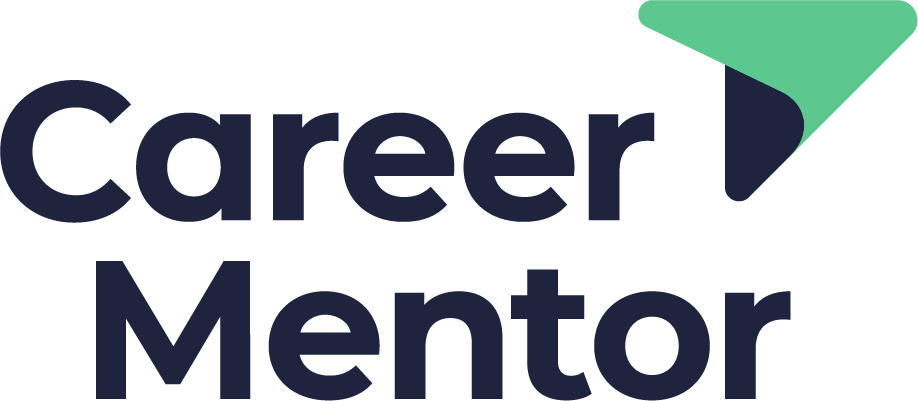6 ways to avoid job search burnout
There’s no doubt that conducting a job search can be a time-consuming and arduous endeavour. This is especially true if you’re out of work and have the additional pressure of cash flow concerns. So, what can you do to minimise stress and potential burnout during your job search?
Have a sound strategy
Any effective job search needs to have solid foundations. It should be based on a sound strategy and adhering to it faithfully will go a long way in helping you to avoid burnout and disillusionment. I touch on this in greater depth in other blogs, but at Career Mentor, we believe there are three key elements to get right in a job search strategy:
Have the right target audience. If your target audience isn’t interested in hiring you and your particular skillset, you’re unlikely to find a new role. This will, over time, build disillusionment.
Make sure you have the right offer. If you’re not selling the right ‘product’, then no one will be. Consider whether your Value Proposition matches the roles you are targeting.
Communicate your offer with precision, clarity and confidence. This can be broken down into three further ideas:
If you’re narrowing your job search to one or two channels (such as online applications), you’re - in my view - severely limiting your chances of success. Cast your net widely.
You have to be able to succinctly let your target audience understand your Value Proposition in a compelling enough way to get invited to interviews in the first instance. The next stage is, of course, refining your interview technique so that you continue to do this in front of the key decision makers. Approaching every interview with this mindset will maximise your chances of success and, in turn, reduce your chances of burnout.
Volume matters. Test the market with your offer in enough volume for you to understand if it’s working, or if you have to adjust one of the three elements to improve your chances of securing your next role.
In summary, select the right audience, have a relevant offer, and communicate it well enough, and you’ll find success.
Be flexible in your approach
With those key elements in mind, you can afford to be flexible in your approach. If, for example, you’re confident that you have thoroughly tested a particular niche in the market and not found a job, you can now make changes. This could be tweaking the audience, and then ‘nuancing’ your messaging accordingly. Alternatively - if you really find yourself struggling to get traction - you might consider improving your offer by obtaining more qualifications, training, etc.
Let go of the outcome
Imagine that you’re going to a job interview. You’ve done thorough preparation, including rehearsing your answers to likely questions and researching the company from various angles. It’s important that you understand there’s only so much you can control. With this mindset, see how the interview goes, with the confidence that you’ve done everything within your control to prepare. You can’t control whether you’re the right candidate for the role, or if it’s the right job, or if there are better qualified candidates (or indeed, internal ones, who often hold an advantage). Holding onto the outcome of I must succeed will likely increase your stress levels and, potentially, disappointment, if things don’t go your way. This is something I often see with coaching clients who start our work together despondent that they’ve failed to make their desired job or career change thus far. In particular, I see it in clients who are extremely accomplished in their fields and used to being successful.
Focus on what you can control and let go of the outcome.
Routine
If you’re not currently employed, establish a daily work schedule. This could include job search related activities, such as networking, looking for roles, submitting applications, preparing for interviews, and so on. However, it’s important to balance it out with more enjoyable tasks to give you some balance. People rightly say that an effective job search is like a full time job, but as with all jobs, there needs to be more to life than just work.
Physical and mental well-being
The benefits of eating healthy and regularly exercising are well-known, but I mention them here for the sake of being thorough. Spending time with loved ones, having fun, and so on, are also important.
Don’t go it alone
Draw on your network - both personal and professional - in a job search. If you’re lucky, you might be able to find a buddy who’s on the same career journey as you. You might also find having a career coach who’s been down this path useful. They can not only guide you on your journey, but also help you accelerate towards successfully finding your next job, avoiding burnout in the process.
If you’d like to find out more about our Foundation Coaching and how we support our coaching clients as they embark on their job searches, let’s talk. You can schedule a 15-minute no-strings-attached call here.
